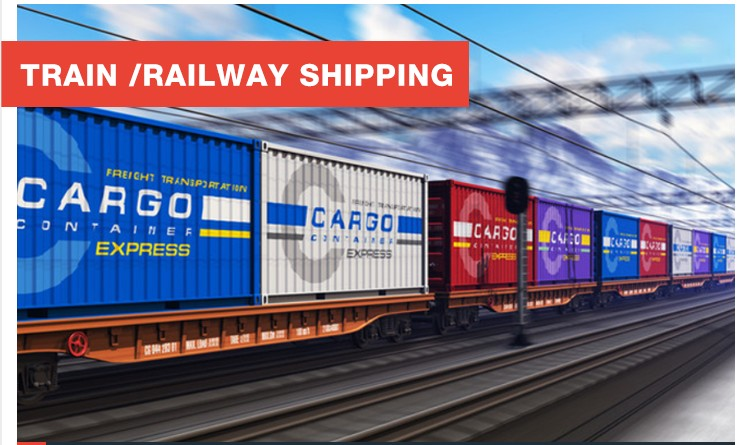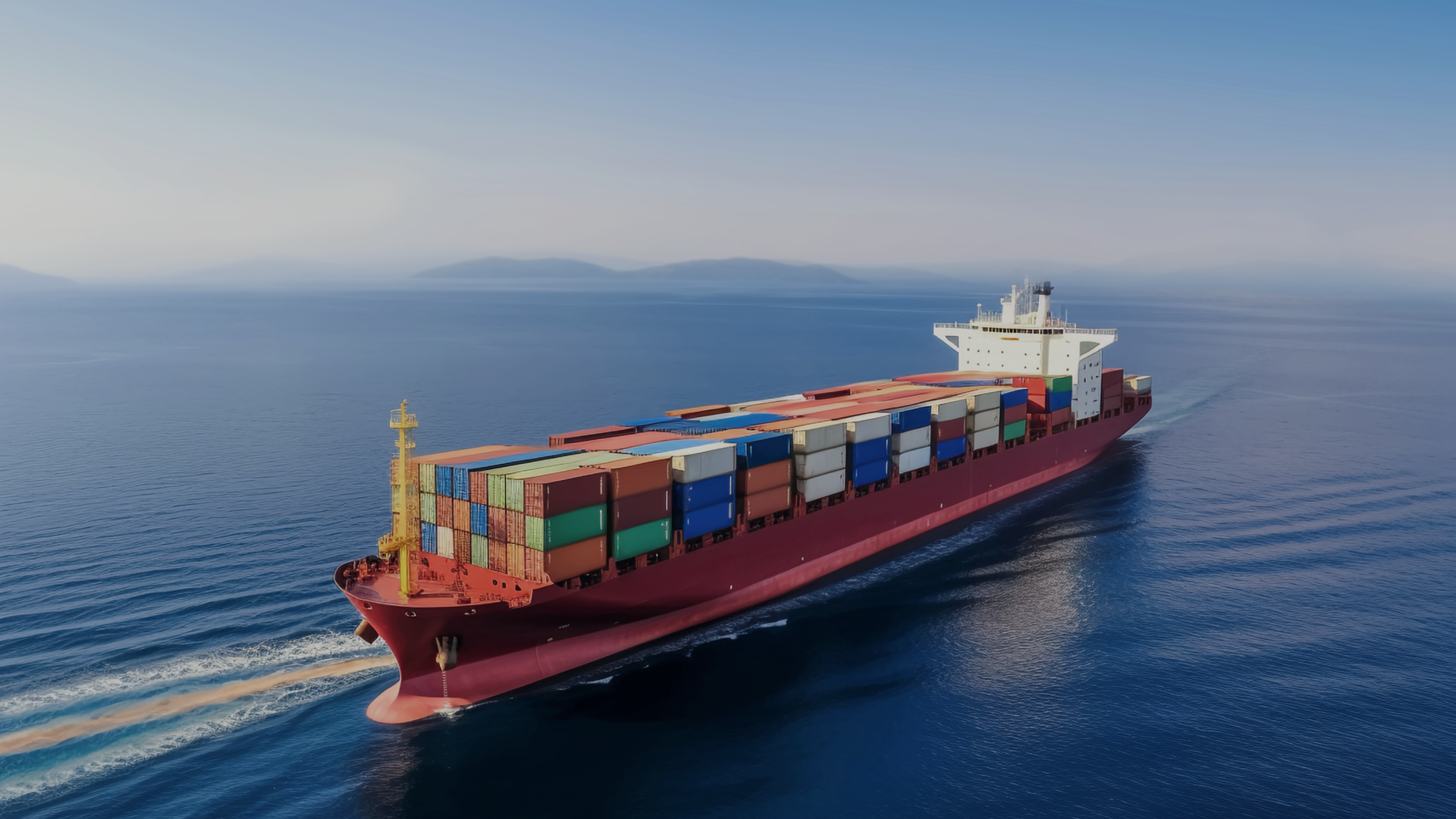Leveraging Container Volume for Competitive Trade
As international trade continues to expand, companies are seeking shipping solutions that provide maximum efficiency, cost control, and logistical reliability. For businesses moving significant volumes of goods across continents, FCL Shipping has emerged as a strategic and cost-effective choice. This method allows companies to fully utilize the space within a shipping container, resulting in better cargo security, smoother customs clearance, and reduced risk of delays. Especially for large shipments, FCL Shipping helps streamline supply chain operations while supporting predictable transit times.
Understanding the Basics of FCL Shipping
Definition and Core Concept
FCL Shipping, or Full Container Load Shipping, refers to the transportation of goods that fill an entire container, whether the container is fully packed or not. The customer pays for the exclusive use of the container, giving them greater control over packing, timing, and documentation. FCL Shipping is different from LCL (Less than Container Load), where several shippers share container space, potentially causing delays or cargo mixing issues.
Common Container Sizes
Standard containers used in FCL Shipping include 20-foot and 40-foot options, with high-cube versions available for oversized goods. These containers are ideal for bulk commodities, industrial equipment, electronics, and wholesale consumer products. Choosing the right container size for FCL Shipping depends on cargo dimensions, weight, and packaging.

Advantages of FCL Shipping for Bulk Orders
Enhanced Cargo Security
Because the container is sealed and used by a single shipper, FCL Shipping significantly reduces the risk of cargo contamination, pilferage, or damage during transshipment. This added layer of security is particularly important for high-value or sensitive goods.
Streamlined Handling and Faster Transit
With FCL Shipping, the container is handled fewer times during its journey compared to shared loads. Fewer touchpoints mean lower chances of delays, damage, or loss. It also simplifies logistics at ports, allowing for quicker loading and unloading operations.
Economic Benefits of FCL Shipping
Cost Efficiency for Larger Volumes
While FCL Shipping may seem expensive upfront, it becomes cost-effective when transporting goods in bulk. The cost per unit often decreases compared to LCL, especially when the container is near or at capacity. Businesses with regular high-volume shipments benefit from predictable pricing and lower long-term logistics costs.
Reduced Documentation Complexity
FCL Shipping requires less documentation compared to shared container loads, as all goods belong to one party. This simplification helps reduce administrative time and risk of customs errors, facilitating a smoother import/export experience.
Operational Flexibility and Inventory Control
Greater Scheduling Control
FCL Shipping gives shippers the freedom to schedule departures and arrivals according to their own supply chain needs. Unlike LCL, where timing is influenced by other parties sharing the container, FCL allows for direct shipment planning with fewer dependencies.
Simplified Inventory Flow
For businesses that rely on just-in-time or lean inventory models, FCL Shipping offers the predictability required to manage stock levels efficiently. Having control over cargo arrival times ensures better alignment with production cycles and customer demands.
Environmental and Regulatory Considerations
Lower Carbon Footprint per Unit
FCL Shipping is more fuel-efficient on a per-unit basis compared to LCL. A fully loaded container optimizes vessel space and reduces the frequency of shipments. Companies focused on sustainability may find this shipping method more aligned with their environmental goals.
Easier Compliance with International Regulations
With fewer parties involved and clear documentation lines, FCL Shipping supports better compliance with customs and trade regulations. It minimizes the chances of discrepancies in cargo declarations and helps avoid legal or financial penalties.
When to Choose FCL Shipping
Scaling Businesses and Growing Markets
Companies experiencing rapid growth or entering new international markets can rely on FCL Shipping to scale efficiently. Its capacity, reliability, and speed make it suitable for e-commerce brands, wholesalers, and manufacturers shipping high-volume inventory.
Specialized or High-Risk Cargo
When shipping fragile, hazardous, or high-value goods, FCL Shipping becomes a necessity rather than a choice. It offers the protection and regulatory support needed for specialized cargo that cannot be risked in mixed containers.
Maximizing the Value of FCL Shipping
Effective Packing and Load Optimization
To extract full value from FCL Shipping, businesses should use space efficiently. This includes palletizing products, stacking appropriately, and using dunnage to secure items. Advanced load planning software can help maximize cargo utilization.
Building Strategic Carrier Relationships
Collaborating with reliable freight forwarders or carriers is essential for successful FCL Shipping. A strong logistics partner helps navigate port schedules, customs clearance, and unexpected changes. It can also provide volume-based discounts and better service level agreements.
Technology’s Role in FCL Shipping
Real-Time Tracking and Monitoring
Many FCL Shipping providers offer GPS tracking and condition sensors that allow shippers to monitor cargo status and environmental conditions. This visibility enhances security and allows for proactive problem-solving in case of delays or disruptions.
Integration with Supply Chain Platforms
Integrating FCL Shipping data with ERP and WMS systems provides businesses with end-to-end visibility and actionable insights. This integration supports better decision-making and ensures alignment between shipping, inventory, and customer fulfillment.
Minimizing Risks in FCL Shipping
Insurance and Risk Mitigation
Even with the higher security of FCL Shipping, risk cannot be completely eliminated. Businesses should invest in marine cargo insurance and develop contingency plans for natural disasters, port strikes, or geopolitical disruptions.
Proactive Customs Management
Engaging experienced customs brokers familiar with FCL Shipping helps avoid clearance delays. Pre-clearing documents and ensuring compliance with local regulations in destination countries is essential to avoiding penalties or shipment rejection.
Future Trends in FCL Shipping
Increasing Automation at Ports
As ports become more automated and digitized, FCL Shipping will benefit from faster handling and reduced dwell times. Smart cranes, autonomous trucks, and AI-driven logistics platforms will help accelerate container processing.
Growth in Cross-Border E-Commerce
The rise of cross-border e-commerce is pushing businesses toward FCL Shipping for faster delivery and better control. E-commerce brands that frequently ship products internationally will increasingly rely on full container solutions to maintain competitiveness.
FAQ
What is the difference between FCL and LCL Shipping?
FCL Shipping involves booking an entire container for a single shipper, while LCL involves sharing container space with other shippers. FCL is generally more secure and faster but better suited for larger shipments.
How can I decide if FCL Shipping is right for my business?
If your shipment volume is high, your cargo is sensitive, or you require greater control over logistics, FCL Shipping is likely the better option. Calculating cost-per-unit and transit timelines can help you make an informed choice.
Does FCL Shipping offer better customs clearance?
Yes, FCL Shipping typically simplifies customs clearance because all items in the container belong to one party. This reduces the risk of documentation errors and inspection delays.
Is FCL Shipping environmentally friendly?
On a per-unit basis, FCL Shipping is more fuel-efficient than LCL, making it a more sustainable option when containers are fully loaded.
Table of Contents
- Leveraging Container Volume for Competitive Trade
- Understanding the Basics of FCL Shipping
- Advantages of FCL Shipping for Bulk Orders
- Economic Benefits of FCL Shipping
- Operational Flexibility and Inventory Control
- Environmental and Regulatory Considerations
- When to Choose FCL Shipping
- Maximizing the Value of FCL Shipping
- Technology’s Role in FCL Shipping
- Minimizing Risks in FCL Shipping
- Future Trends in FCL Shipping
- FAQ



